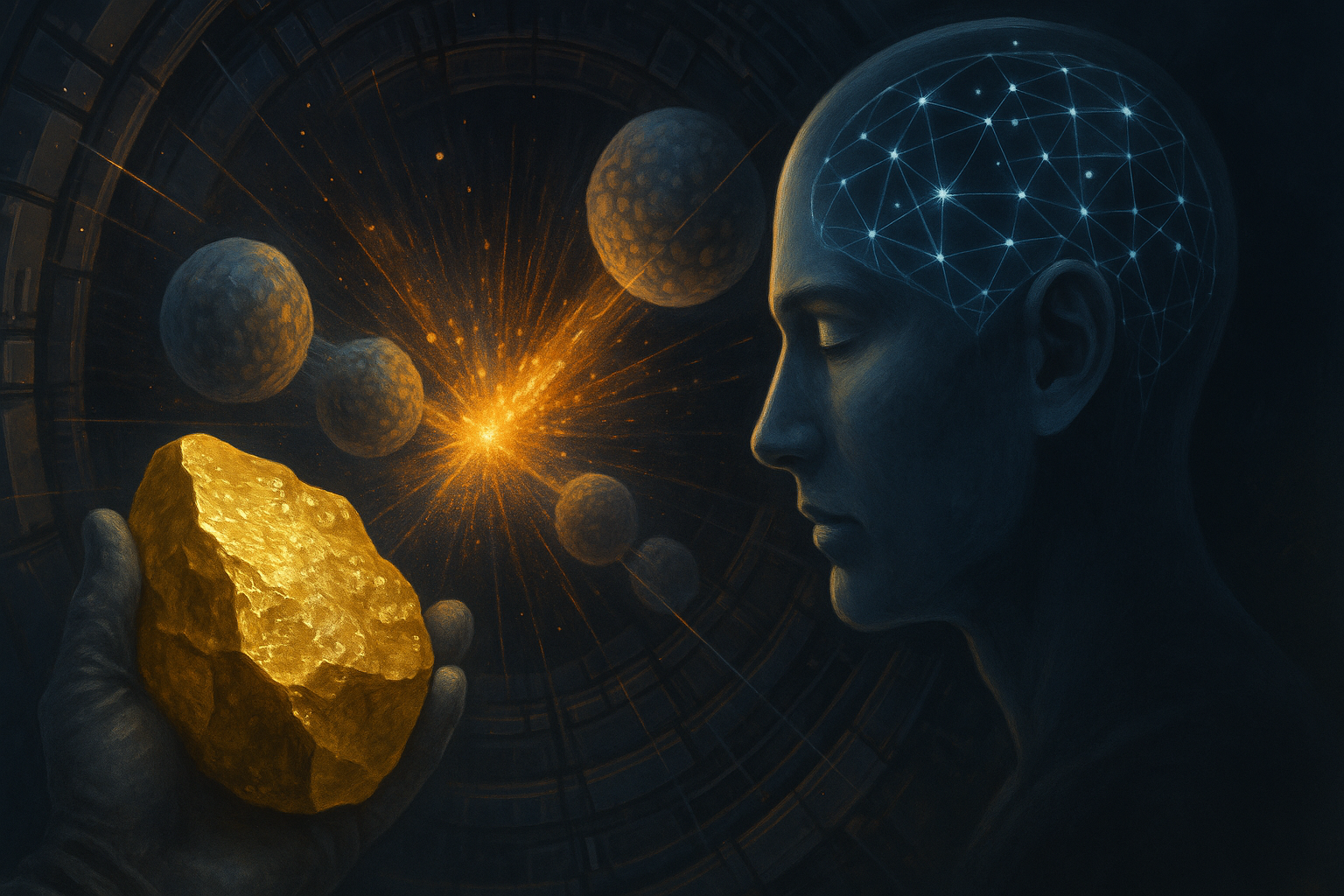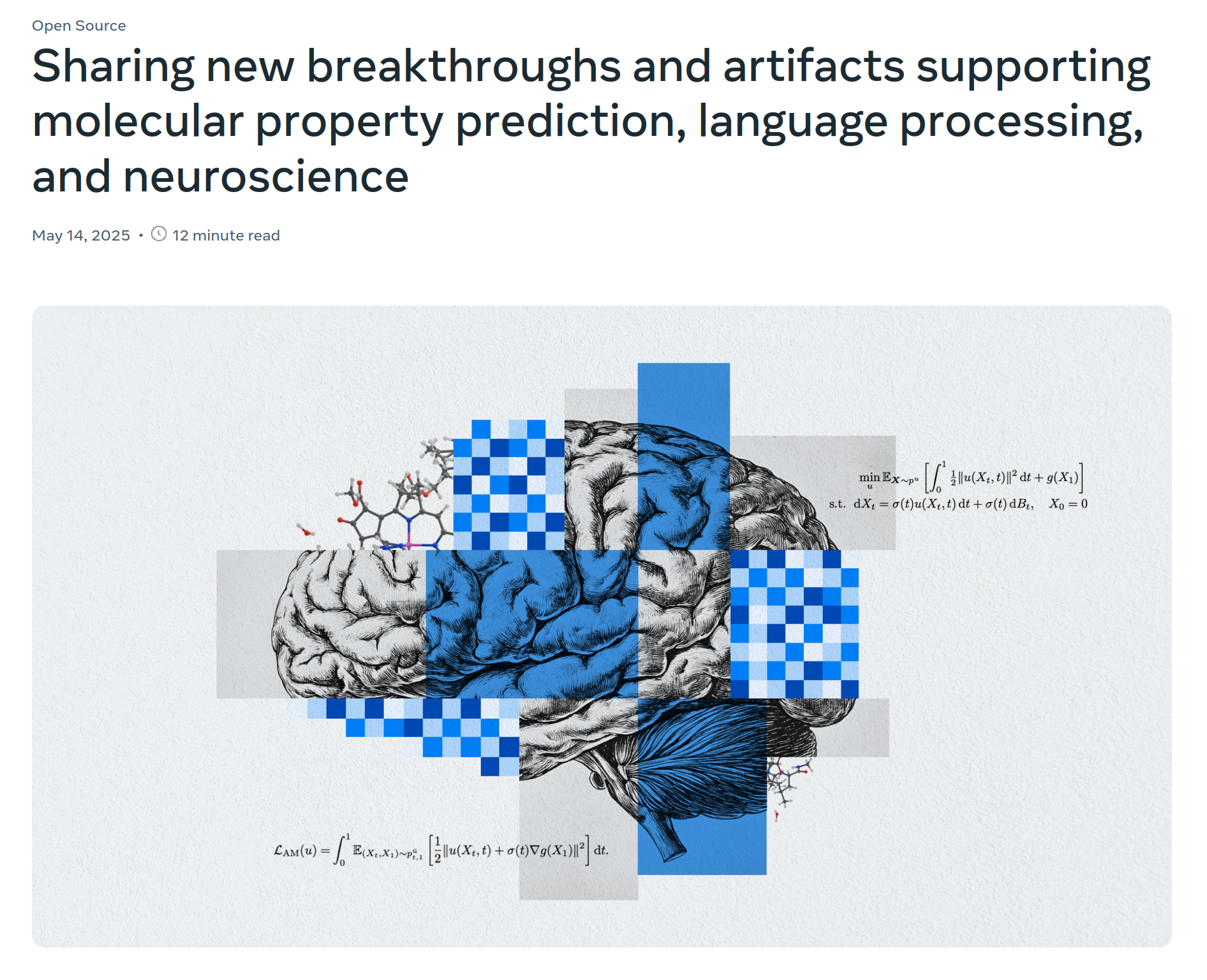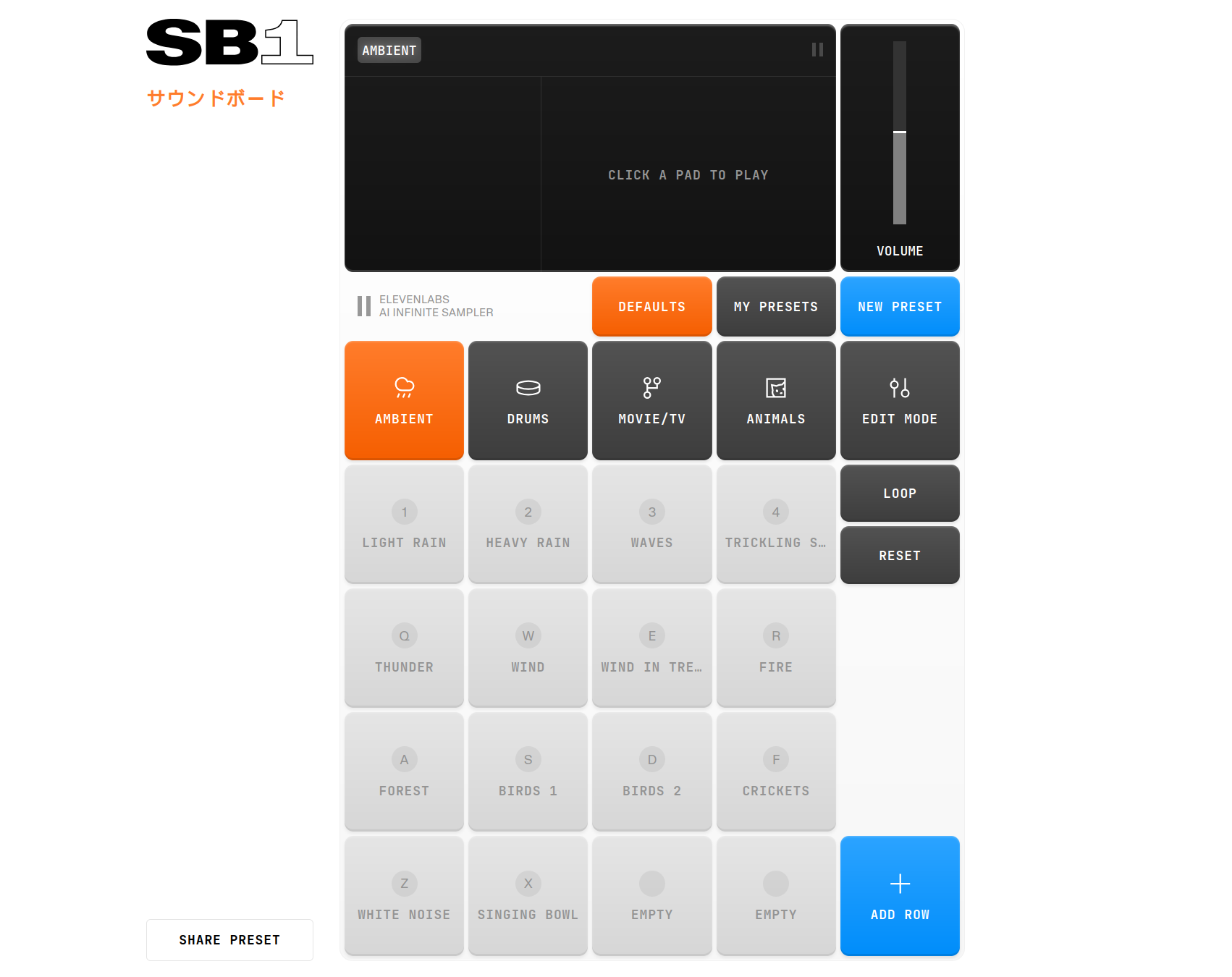How CERN turned Lead into Gold - For Real!
CERN scientists achieved a modern alchemist’s dream by turning lead into gold at near light-speed, while the AI world saw major breakthroughs from Meta, OpenAI, and others redefining what’s possible + a timely reminder to confront the deeper fear of trying and still not succeeding.

Thing 1 - Scientists at CERN Just Turned Lead into Gold

Ancient alchemists would weep with joy. Physicists at CERN's ALICE experiment transformed lead into gold!
ALICE stands for A Large Ion Collider Experiment. (Gotta give it to them, it's a cool acronym). It is one of the major experiments at the Large Hadron Collider (LHC) at CERN, dedicated to studying the physics of strongly interacting matter at extreme energy densities, particularly focusing on the properties of quark-gluon plasma, a state of matter believed to have existed just after the Big Bang
Before you start planning your retirement, here's the catch: they made about 29 picograms of it... that's about 0.000000000029 grams. A lot of zeros (and I hope I counted them right), but on the wrong side of the decimal point lol
How they pulled off this modern alchemy
Instead of the usual head-on nuclear smashing, ALICE studied "near-miss" collisions where lead nuclei (traveling at 99.999993% the speed of light) graze past each other without touching. The massive electric fields around these racing nuclei overlap and create a flash of high-energy photons.
On rare occasion, this photon burst knocks exactly three protons out of a lead nucleus. Since lead has 82 protons and gold has 79, voilà -> lead becomes gold! During their experiments, they were cranking out about 89,000 gold nuclei per second.
But of course there's a twist: these gold atoms are moving so fast that they smash into the detector walls and fragment within microseconds after they are created.
So while CERN has technically achieved the alchemist's dream, they aren't going to start pumping new jewelry out.
Still, it's a spectacular demonstration of how the extreme conditions inside particle accelerators can transform one element into another.
Thing 2 - AI of the week
- Meta released (and opensourced) new groundbreaking models, benchmarks, and datasets that will transform the way researchers approach molecular property prediction, language processing, and neuroscience.

- Google shipped an update to Google AI Studio which makes it easier to see new capabilities at the top level

- Nous Research launched The Psyche Network - decentralized training network that makes it possible to bring the world’s compute together to train powerful AI, giving individuals and small communities access to the resources required to create new, interesting, and unique large scale models.
- ElevenLabs introduced SB-1 Infinite Soundboard - soundboard, drum machine, and endless ambient noise generator all in one.

- Windsurf introduced SWE-1, their first frontier coding model. This might explain why OpenAI is buying them for $3B...
- OpenAI launched Codex - cloud based software engineering agent. Available on their 💰200/m tier.
Thing 3 - Afraid of failure?

We’re often not afraid of failure.
We’re afraid of what we’ll feel if we finally try… and it still doesn’t work.
- Cory Muscara
Cory started posting again and I love how his posts hit on things I've felt but couldn't put my finger on it.
This is one of many of those.
I'll leave you with a question:
What do you want to try that would be worth it even if you failed?
Cheers, Zvonimir